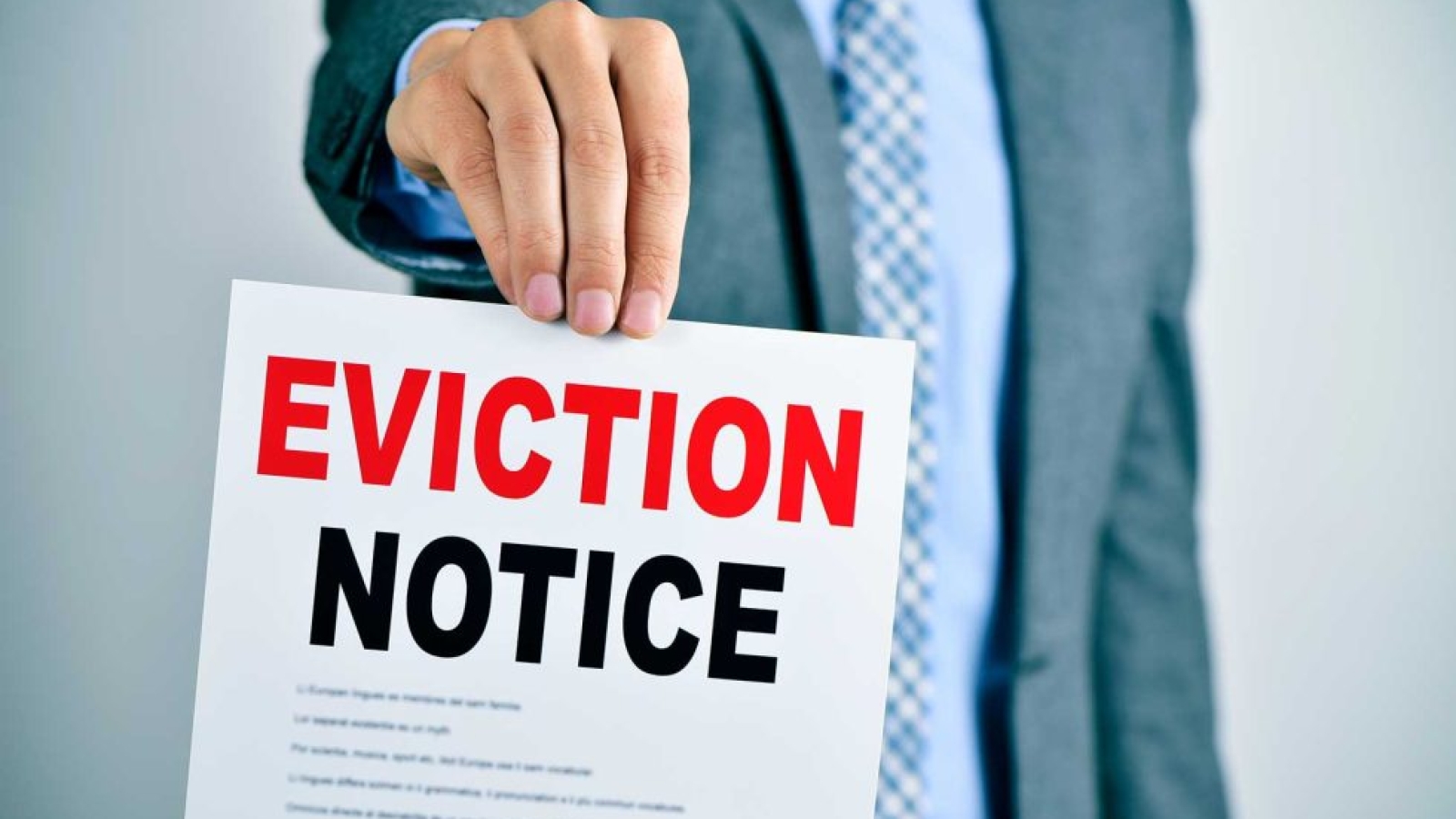EVICTION LAWS IN SOUTH AFRICA
In South Africa, the Prevention of Illegal Eviction from and Unlawful Occupation of Land Act (PIE Act) regulates evictions, balancing the rights of landlords and tenants. This article provides an in-depth exploration of the eviction process, legal reasons for eviction, and the rights and obligations of both parties.
LEGAL REASONS FOR EVICTIONS
A landlord can evict a tenant for:
- Breach of a Lease Agreement: Failure to comply with the terms and conditions of the lease.
- Non-Payment of Rent: Failure to pay rent on time.
- Illegal Activities: Engaging in illegal activities on the property.
- Property Damage: Causing significant damage to the property.
- Overcrowding: Allowing too many people to occupy the property.
- Subletting: Subletting the property without the landlord’s consent.
EVICTION PROCESS
- Letter of Demand: The landlord must send a letter of demand to the tenant, stating the reason for eviction and requiring the tenant to vacate the property.
- Notice Period: The tenant must be given a reasonable notice period, usually 14 days.
- Court Application: If the tenant fails to vacate, the landlord must apply to the court within their jurisdiction for an eviction order.
- Court Order: The Court will grant an eviction order if the landlord has followed the correct procedure, and the tenant has no valid defense.
- Sheriff’s Eviction: The Sheriff must execute the eviction with the assistance of the South African Police Service, ensuring the tenant is removed from the property.
TENANT RIGHTS
- Adequate Housing: Tenants have the right to adequate housing, and arbitrary evictions are prohibited.
Arbitrary Evictions: Arbitrary Evictions is when a person or people is/are evicted in a manner that is not right or fair. This usually happens when the eviction is done without following court procedures and not allowing those affected to be heard.
- Notice Period: Tenants are entitled to a reasonable notice period before eviction.
- Legal Representation: Tenants have the right to legal representation in court.
- Alternative Accommodation: In some cases, tenants may be entitled to alternative accommodation.
LANDLORD OBLIGATIONS
- Follow Legal Process: Landlords must follow the legal eviction process.
- No Harassment or Intimidation: Landlords cannot harass or intimidate tenants.
- Provide Alternative Accommodation: In some cases, landlords may be required to provide alternative accommodation if the Municipality cannot provide same.
- Maintain Property: Landlords must maintain the property and ensure it is habitable.
CONSEQUENCES OF UNLAWFUL EVICTION
Unlawful eviction can result in:
- Financial Compensation: The tenant may be entitled to financial compensation.
- Reinstatement: The tenant may be reinstated in the property.
- Criminal Charges: The landlord may face criminal charges.
CONCLUSION
Eviction laws in South Africa aim to balance the rights of landlords and tenants. Understanding these laws and procedures is crucial for a smooth eviction process. If you are facing an eviction or need to evict a tenant, the best thing to do would be to consult a legal professional for guidance rather than taking matters into your own hands.
If you’re a landlord facing challenges with a tenant or a tenant needing assistance with an eviction, understanding your rights and obligations is critical. Contact NB Makhanya Attorneys Inc. today for expert legal advice and guidance on navigating the eviction process smoothly and lawfully. Let us help you protect your rights and find the best solution for your unique situation. Reach out to us now for a consultation!


Add a Comment